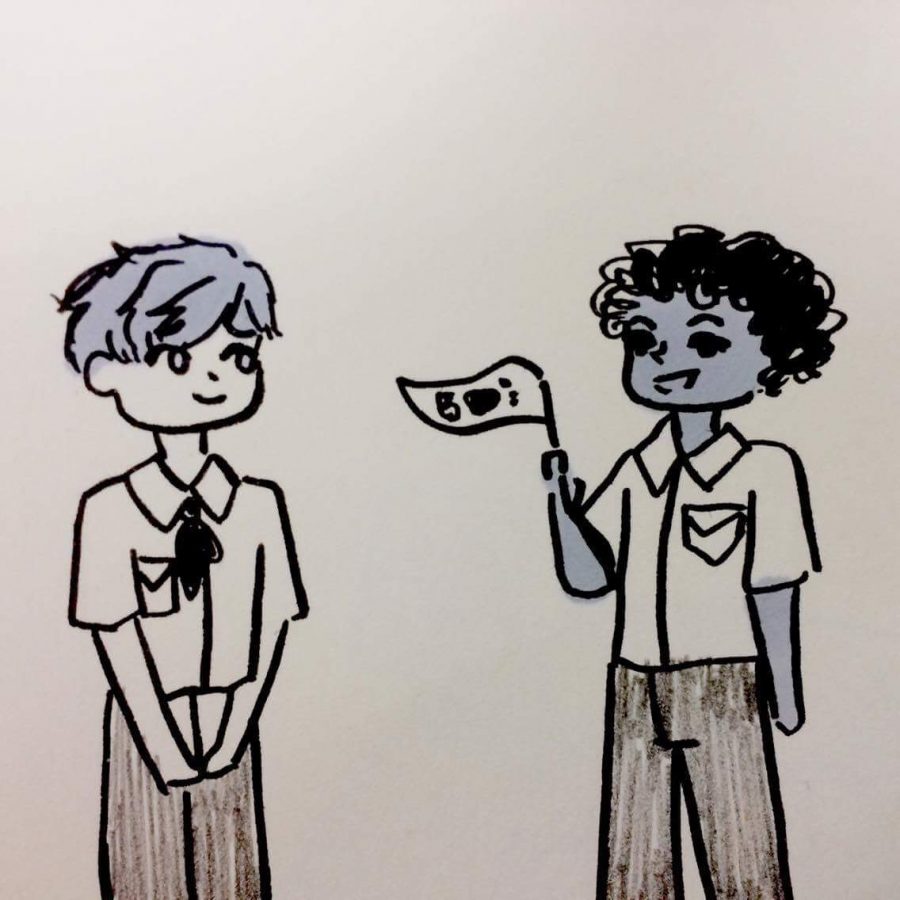Boy Scouts embrace transgender members
Recent legislation opens the doors of membership in Boy Scout troops, an essential step toward acceptance in these communities.
Opening the doors to people of all genders will foster important discussion at a young age, and ultimately open the perspectives of leaders and scouts alike. Illustration by Elinda Xiao
On Jan. 30, the Boy Scouts of America (BSA) announced a new policy: transgender members are now welcome in the organization.
This pivotal legislation was a result of “weeks of significant discussion,” according to Chief Scout Executive Michael Surbaugh, after an eight-year old transgender boy in New Jersey was asked to leave his troop late last year.
This noteworthy change follows the 2013 ruling that ended the ban on gay scouts, and reflects the gradual shift toward greater acceptance within the organization.
The move also reflects the increasing separation between church and state, or in this case, church and Boy Scouts.
The BSA have intense ties to religion in founding and funding. For example, a major connection is present in the Boy Scout Oath, which begins, “On my honor I will do my best to do my duty to God ….”
As a result, troops prohibit atheist or agnostic members, as their lack of faith violates the aforementioned Oath.
Furthermore, six of the BSA’s top 10 chartered organizations are churches, ranging from the Church of Latter-Day Saints to Baptist churches.
These organizations not only provide major funding for BSA troops, but also provide a place for scouts to carry out community service projects, cementing a solid link between church and Boy Scouts.
In light of these deep religious connections, this new legislation reflects a major step for the organization as a whole.
Moreover, this decision to accept transgender members arose at an optimal time, especially in the modern political climate where many feel their rights are in jeopardy – and rightfully so.
Though it was long overdue, especially compared to the legislation from the Girl Scouts of America permitting LGBTQ members back in 2011, it represents a positive shift nonetheless.
As a former Girl Scout, this change gives me hope for the future generations of Scouts. With an increase in LGBTQ membership, I strongly believe the Boy Scout organization will eventually grow toward embracing other progressive ideology.
Opening the doors to people of all genders will foster important discussion at a young age, and ultimately open the perspectives of leaders and scouts alike. In these communities, I hope LGBTQ scouts will find support and thrive in a positive, accepting environment. With the next four years ahead of us, we can use all the support we can receive.









Smithd778 • Mar 13, 2017 at 3:26 am
Very interesting topic, appreciate it for putting up. gbadefgeafkcbcdf